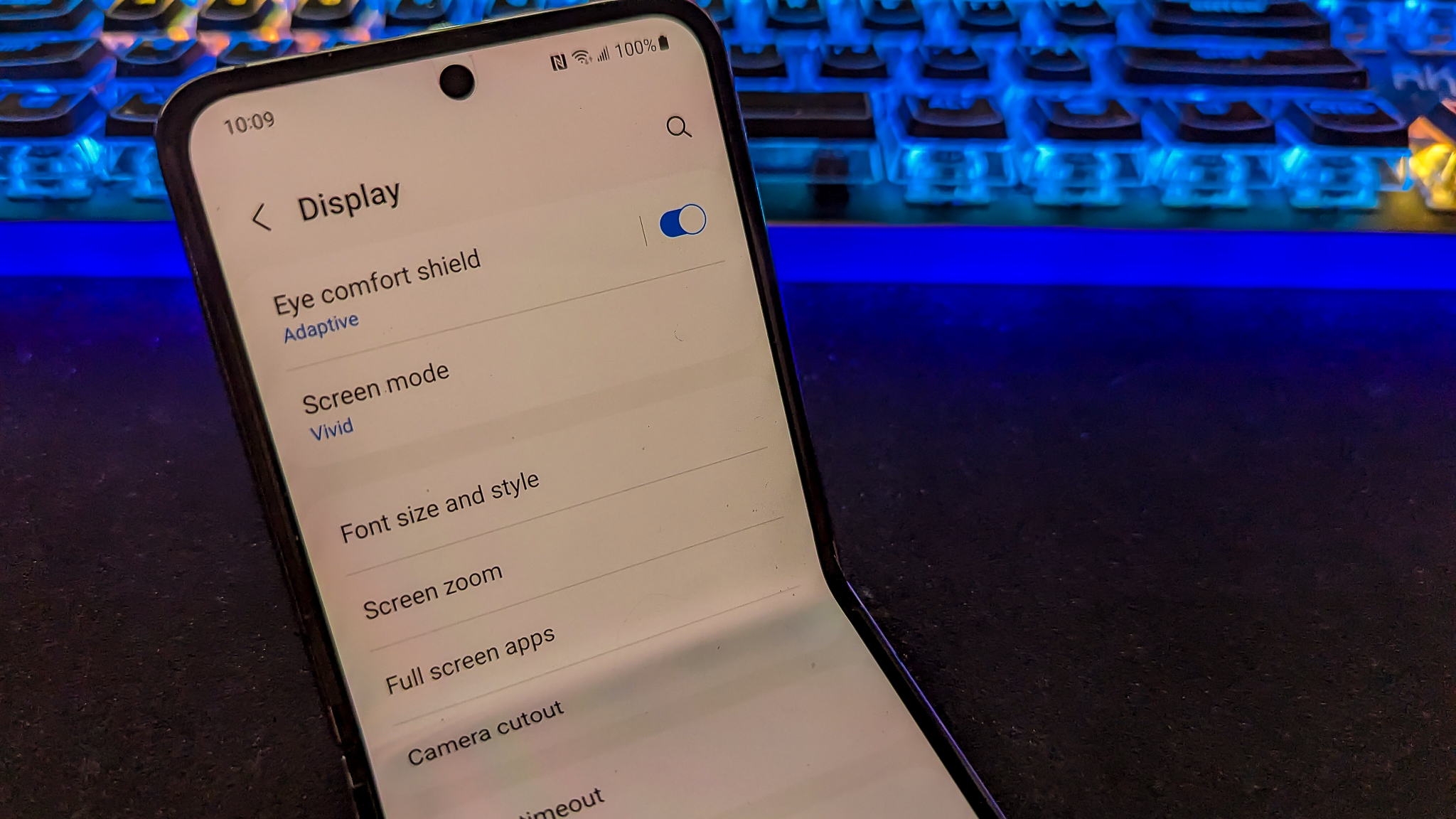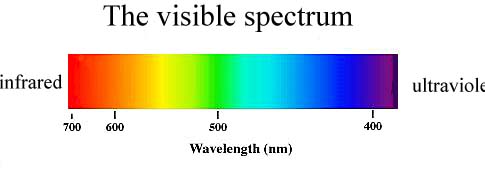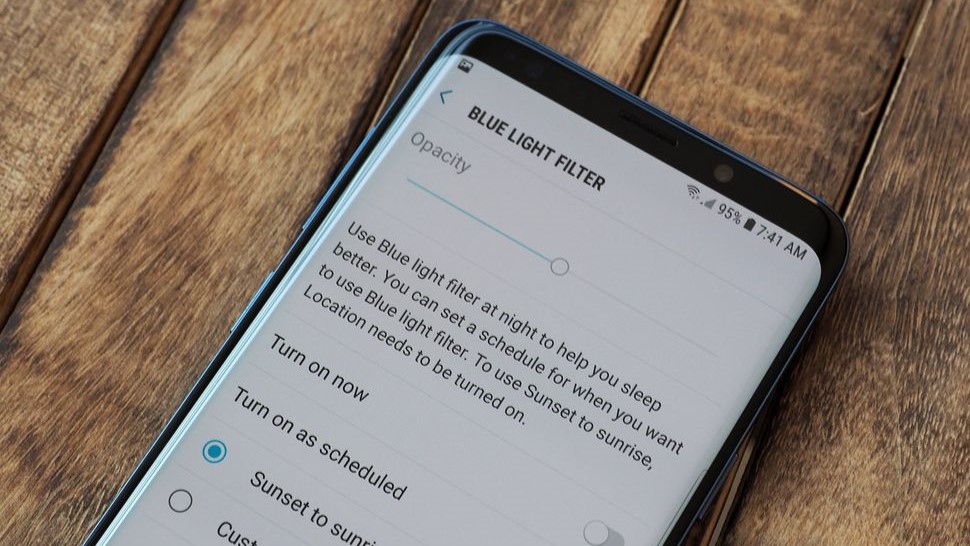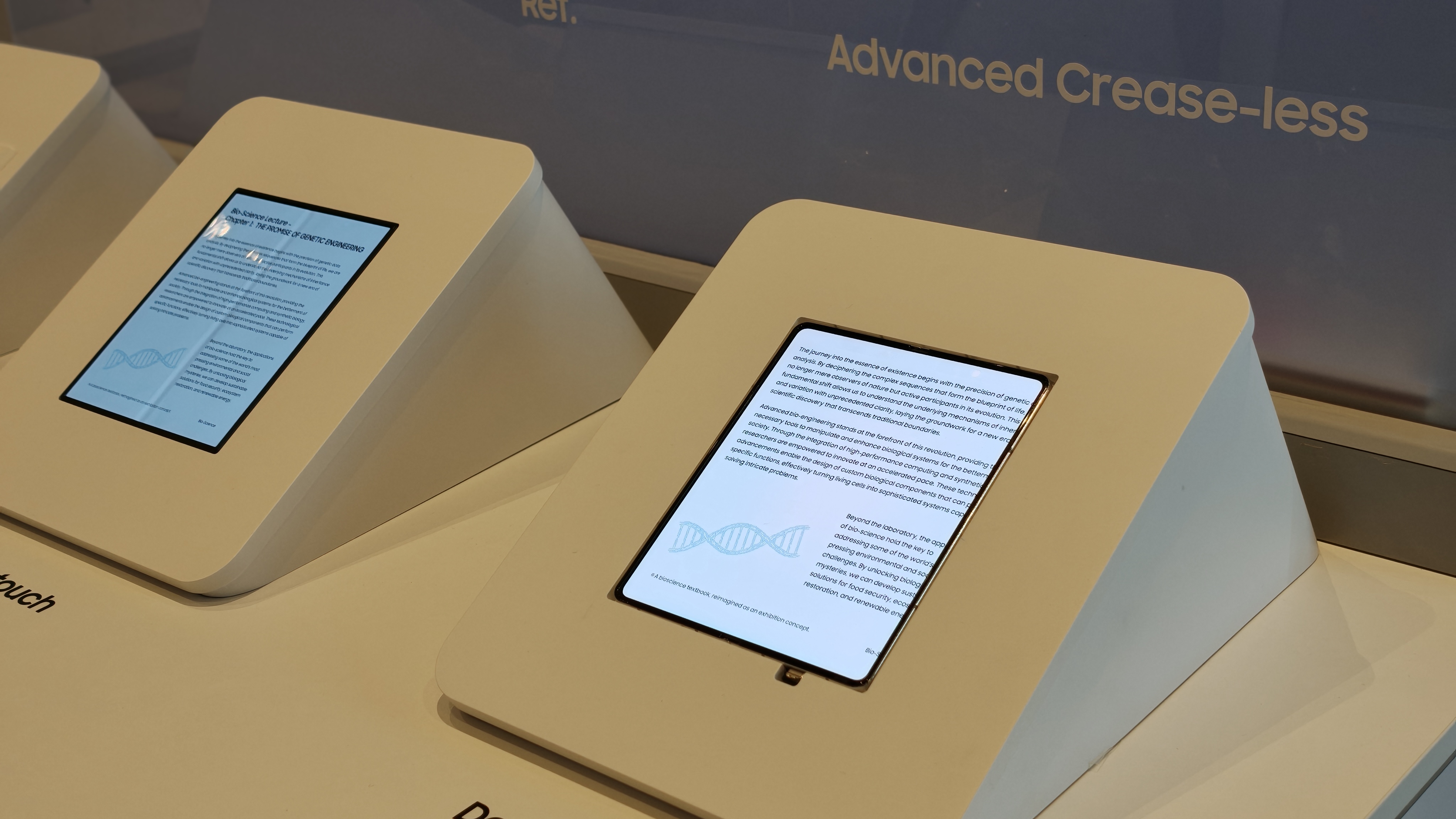How do blue light-filtering screen protectors work and should you buy one?
You'll sleep better.

How do blue light-filtering screen protectors work and should you buy one?
Best answer: Blue light filtering screen protectors use a special coating that blocks light in the 380-500 nanometer range. Electronics like phones use LED or OLED panels that emit light in this range to help brightness and improve clarity, but they can also reach the rear of the retina. Some studies claim this can be harmful, but so far, there is no conclusive proof of this. What scientists and doctors do agree on, though, is that blue light can make it harder for us to get to sleep. To help with that, you'll need to filter that blue light.
What is blue light?

There are two types of "blue light" you'll hear mentioned when talking about electronics: ultraviolet light and visible blue light.
Light waves are measured in nanometers, and the human eye can typically see light between about 380 and 750nm. Light lower than 400nm is known as Ultraviolet or UV light and can be harmful to the human eye. We can't see most of this light (light in the range of 350-400nm is sometimes called near-UV light) but many sources do emit it.
The most well-known source of UV light is the sun; if you've ever had a sunburn, you've experienced overexposure to UV light. With enough exposure, the same can happen to our eyes. This is why welders have to wear goggles or a mask.
Some studies link blue light with macular degeneration, but the jury is still out and experts aren't yet sure.
Almost every piece of electronics you own has mechanisms to block harmful UV rays. But the other type of blue light — the visible and sometimes irritating light between 380 and 500nm — isn't treated the same way. This is because, at the right intensity, we see this as a whitish light that makes our displays look brighter and crisper. While blue light may or may not be harmful to our eyes, it does have an effect that most experts agree upon: it can increase alertness and make it difficult to fall asleep.
Do you need help?

Not everyone experiences restlessness or difficulty falling asleep from blue light, but if you do, you understand how tough it can be to get to sleep right after a long session in front of a display. Phone makers now include a special screen mode that omits much of the light in the 380-500nm spectrum. If you've used a phone with this feature, you know how "orange" the screen can appear in this mode and understand why blue light is desirable during the daytime!
If blue light makes you restless and have trouble sleeping, you need to filter it out.
As mentioned, your phone probably has a blue light filtering mechanism built into it. Even cheaper Android phones usually include something. In the device settings under the display section, look for a mention of night mode, eye comfort, or blue light filter.
If your phone doesn't include a blue light filtering mode, you might want to invest in a blue light filtering screen protector. Likewise, if you really don't like the orange hue blue light-blocking display modes tend to exhibit, a blue light filtering screen protector can alleviate much of the eyestrain and alertness without making the screen quite so orange. However, it will still have a similar effect.
Get the latest news from Android Central, your trusted companion in the world of Android

Jerry is an amateur woodworker and struggling shade tree mechanic. There's nothing he can't take apart, but many things he can't reassemble. You'll find him writing and speaking his loud opinion on Android Central and occasionally on Threads.
